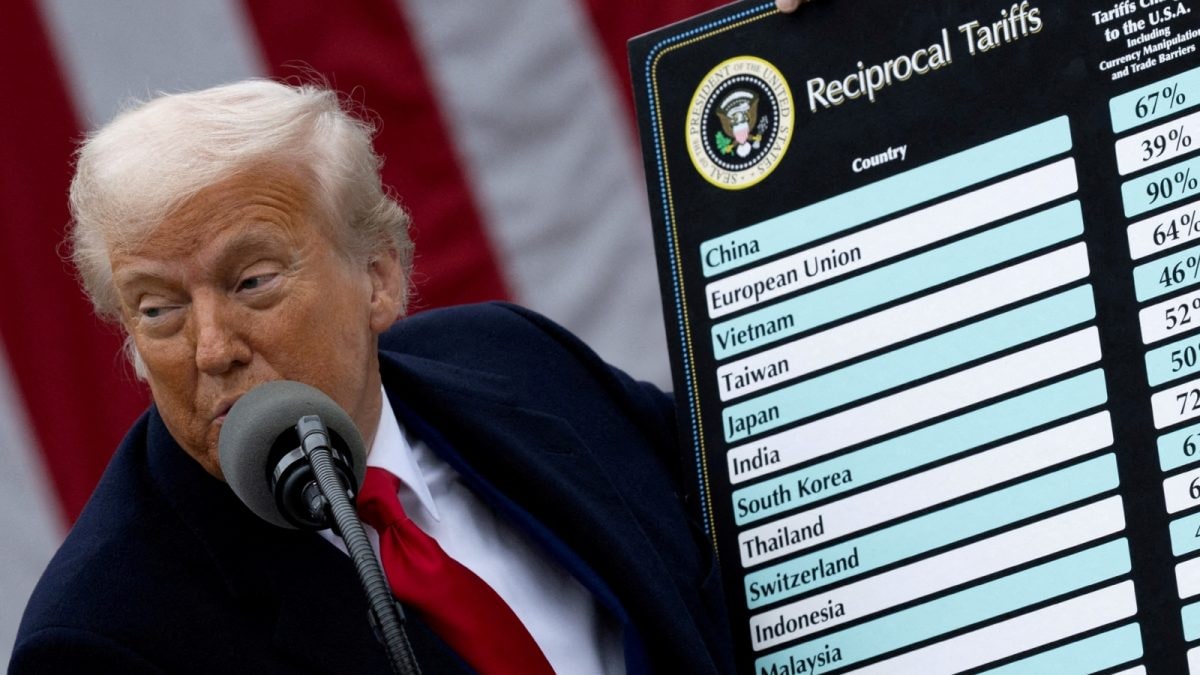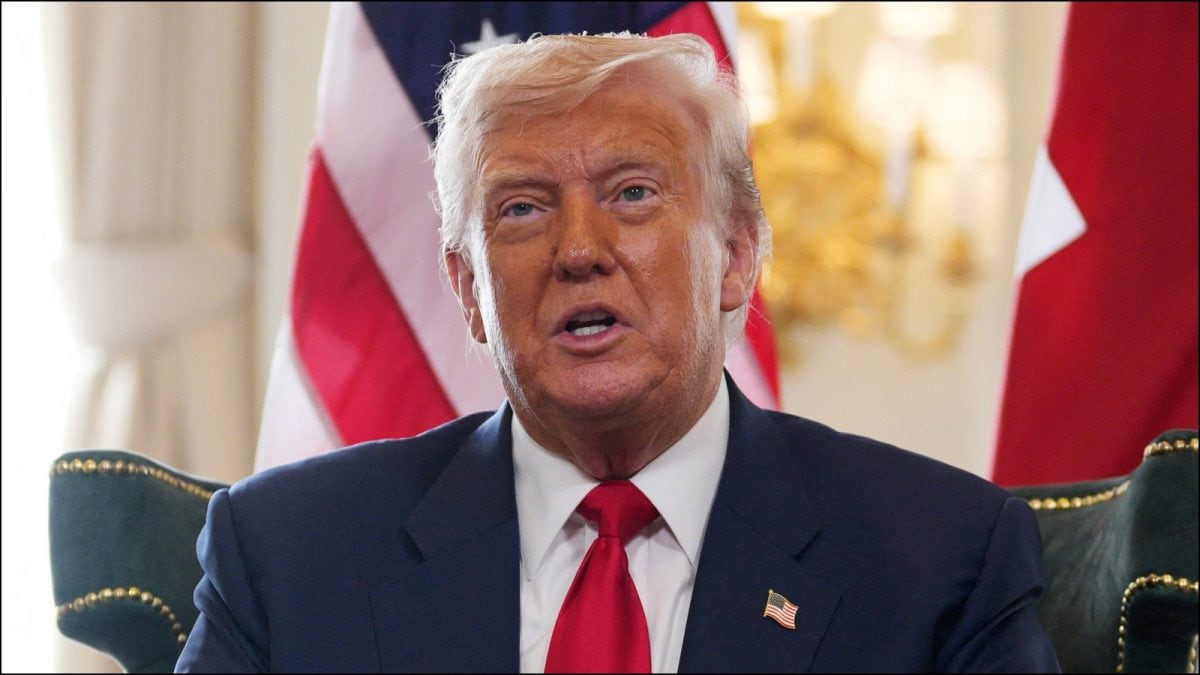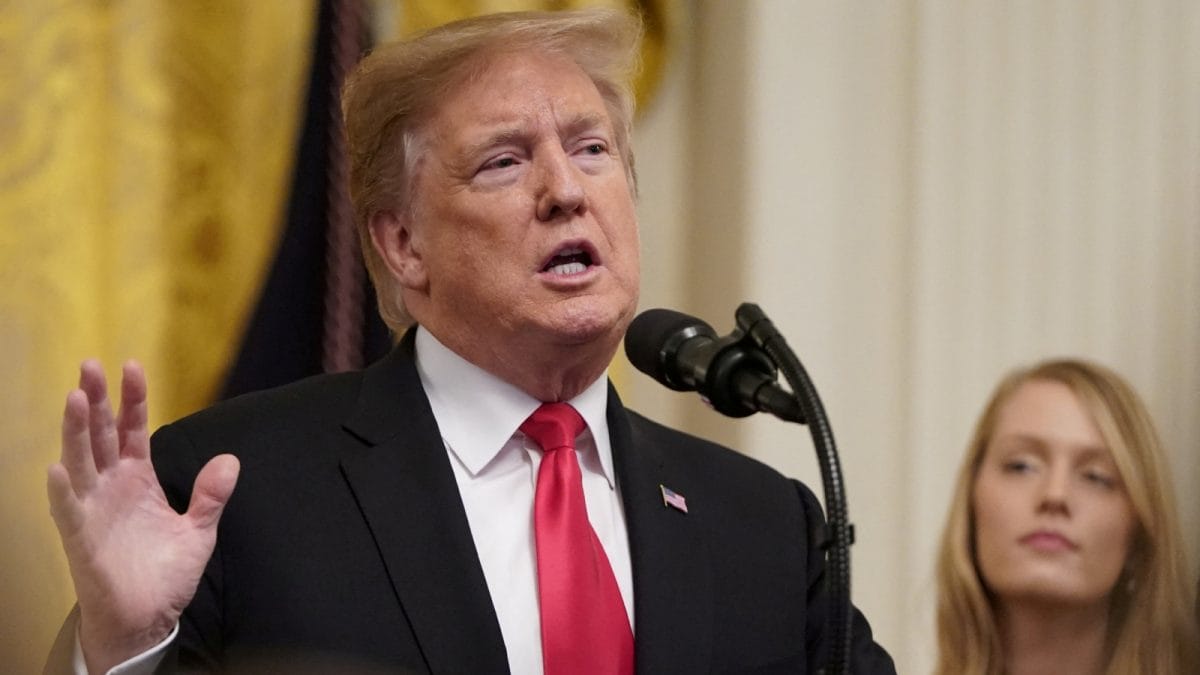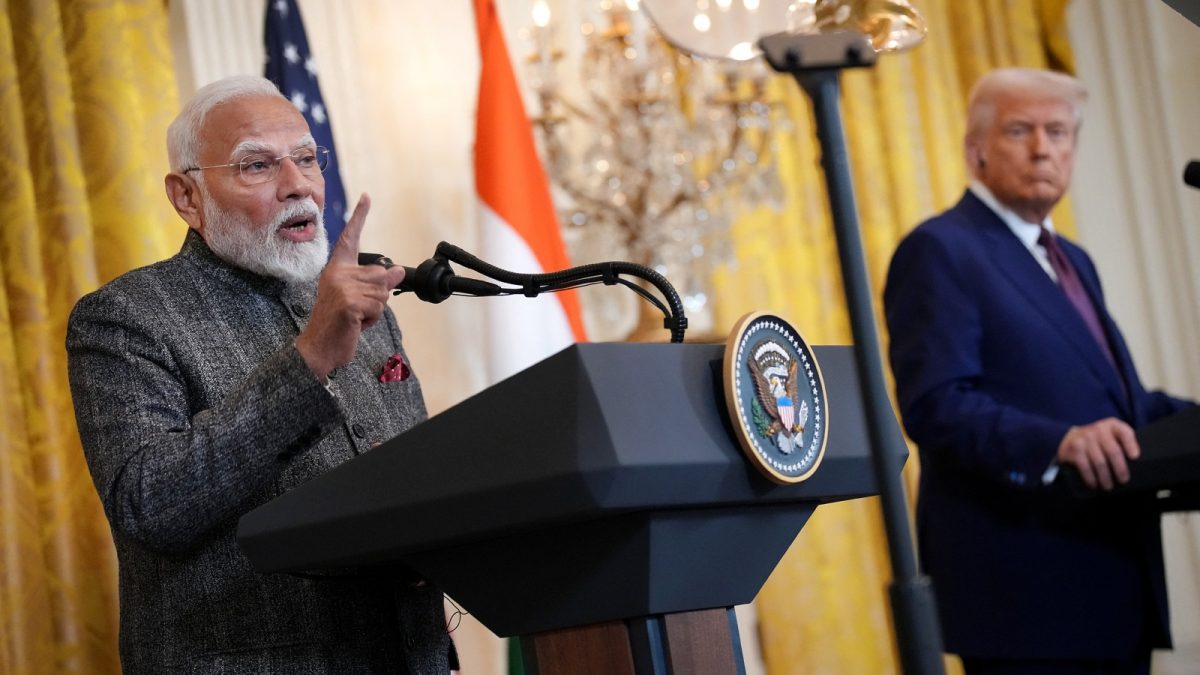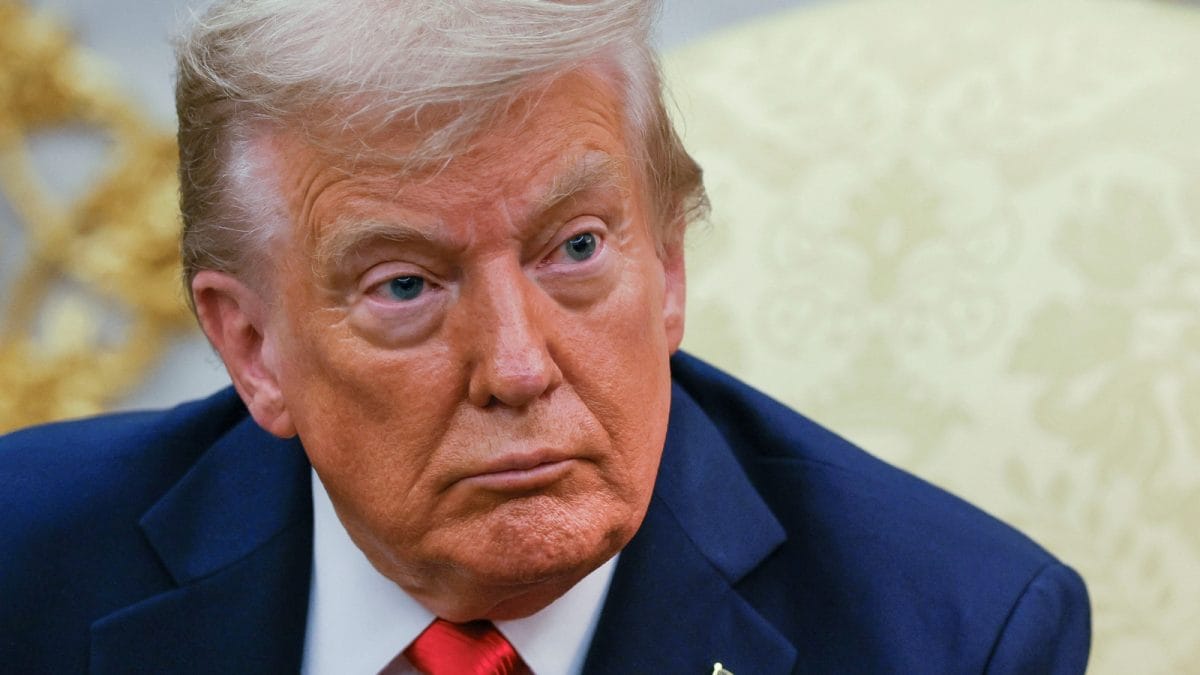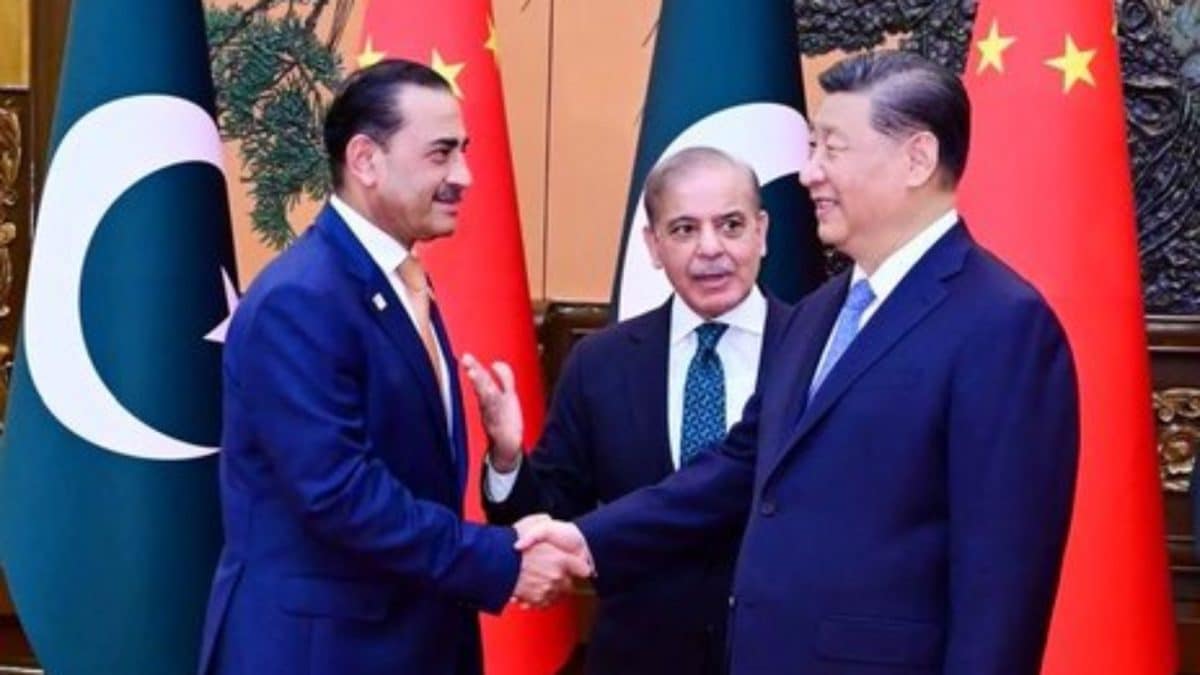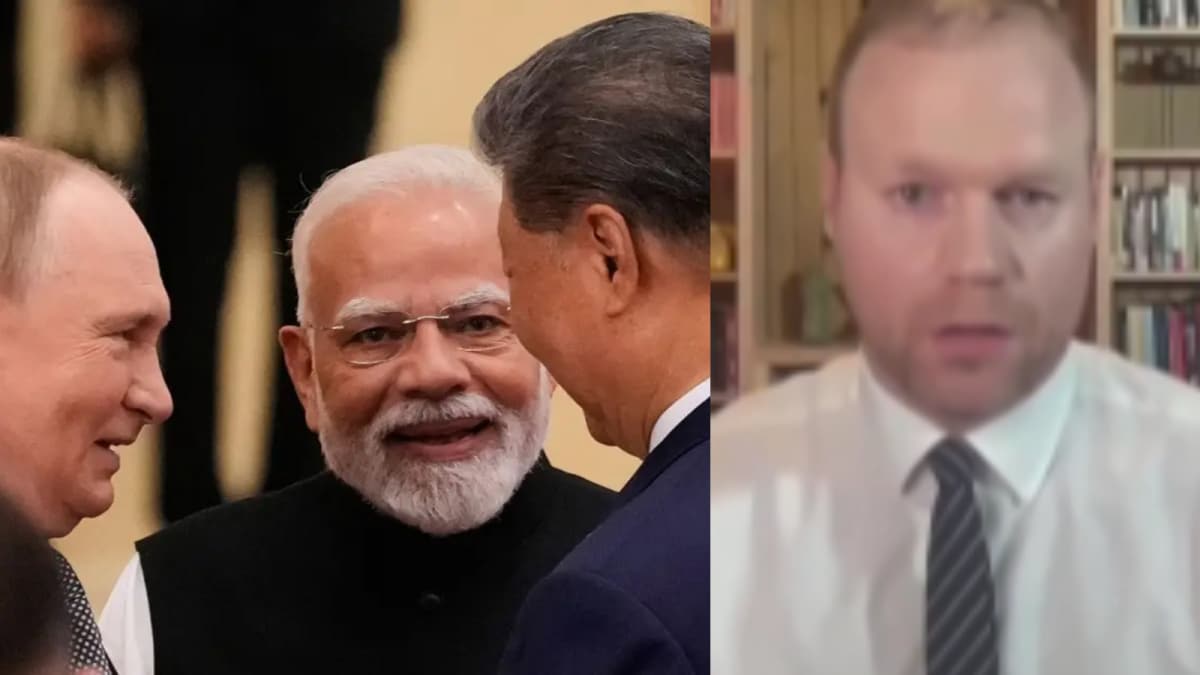BRICS and SCO both claim to challenge the West, but only one has the muscle to matter. BRICS builds futures and shakes the dollar, while SCO remains trapped in quarrels.

Leaders of SCO member countries (Photo:X @PMOIndia )
In the evolving landscape of global geopolitics, two acronyms have emerged as potential challengers to Western dominance: BRICS and the Shanghai Cooperation Organisation (SCO). Yet beneath their shared rhetoric of multipolarity lies a stark contrast in effectiveness and global reach.
BRICS, originally comprising Brazil, Russia, India, China, and South Africa, has expanded into BRICS+ with the addition of the UAE, Egypt, Ethiopia, Indonesia, and Iran. This coalition now represents nearly half the world's population and commands approximately 40% of global GDP. More significantly, BRICS has positioned itself as the voice of the Global South, actively challenging Western financial institutions and pushing for alternatives to dollar-dominated systems.
The SCO, established in 2001 as a Sino-Russian initiative for Eurasian security, presents a different picture entirely. Despite its impressive geographical footprint spanning from China to Russia and including India and Pakistan, the organisation remains fundamentally constrained by internal divisions. The 2017 inclusion of Pakistan has proved particularly problematic, with India-Pakistan rivalries consistently undermining the bloc's decision-making processes.
The fundamental difference lies in their operational focus and structural approach. BRICS operates with remarkable flexibility, lacking permanent bureaucracy yet maintaining unity of purpose around economic objectives. The bloc has successfully established the New Development Bank, advanced de-dollarisation initiatives, and created payment systems designed to bypass Western financial infrastructure. Each expansion adds strategic regional weight and fresh legitimacy to its global ambitions.
Conversely, the SCO's rigid institutional framework—complete with secretariat and councils—has failed to translate into effective governance. Pakistan's presence has effectively poisoned the well of consensus-building, transforming summits into exercises in damage control rather than strategic planning. Whilst the SCO excels at regional security coordination and counterterrorism frameworks, it remains unable to transcend its Eurasian boundaries or influence global economic structures.
America's response to these blocs reveals their relative significance. Washington largely ignores SCO's regional posturing but has responded to BRICS with genuine alarm. Trump's aggressive tariff policies targeted BRICS members specifically, recognising the existential threat posed by a coalition capable of undermining dollar supremacy and challenging Western institutional monopolies.
In this battle of acronyms, the verdict is clear: BRICS represents transformation whilst SCO offers mere stabilisation. One shapes global futures; the other manages regional disputes. As the world stands at this geopolitical crossroads, BRICS emerges as the bloc with genuine potential to redefine international order, leaving SCO as a regional actor constrained by its own internal contradictions.
- Ends
Published By:
indiatodayglobal
Published On:
Sep 2, 2025

 6 hours ago
6 hours ago
